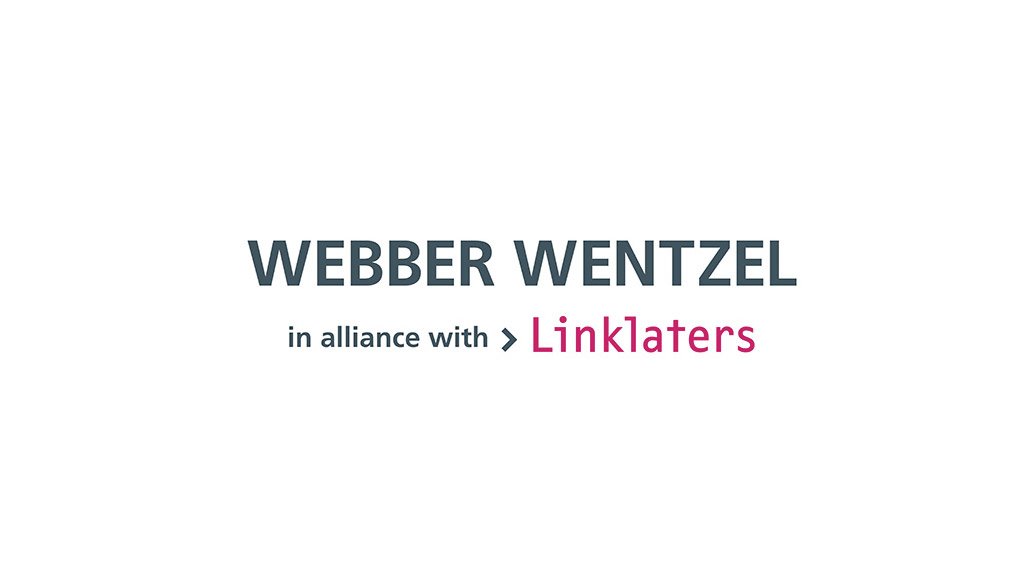Almost every week, there are reports of construction projects around South Africa being halted or disrupted by angry local residents demanding work and procurement opportunities. Sometimes these demands are simply for “protection money” – basically, extortion - to enable projects to go ahead without disruption.
For example, in December the Daily Maverick reported that 47 housing projects in the Western Cape had been affected by violence and intimidation, which was denying housing to a potential 45 000 beneficiaries.
These mafia groups or captured business forums have also been active around mines, possibly for even longer than on construction sites, but they have been becoming more common in recent years, adding to the risks of investing in South African mining projects. For example, at one of Sibanye-Stillwater’s operations near Rustenburg, about 15 workers of a mining contractor were held hostage last year by youths led by a local politician, demanding jobs. At coal mines, there have been reports of local communities blocking trucks carrying coal to customers.
Several factors contribute to these protests: the failure of local municipalities to deliver basic services, misperceptions about the mines’ local employment and procurement obligations, and fractured communities with weak leadership.
Communities have come to expect that the mining companies will provide infrastructure such as schools, roads and water, which their local municipalities are failing to deliver. For example, in May last year the community of Musina, where De Beers operates the Venetia mine, held violent protests over several days because of a lack of water, which De Beers stepped in to address.
Government projects require 30% of spending to be in adjacent communities, but there appears to be a misunderstanding that the private sector has to follow the same rules. Mining Charter III specifies only that 40% of capital goods, 70% of services and 50% of consumables must be procured from black-owned entities, but it does not specify employment or procurement from local communities.
As the mines are often surrounded by poor communities and newcomers in search of jobs, ambitious individuals can easily attract supporters by demanding work opportunities that have already been given to other groups. Trying to resolve these demands can be very time consuming for mine management.
Apart from increasing security on the mine, which is costly, one of the most powerful tools available to a mining company to deal with these protests is to ensure that it maintains good relationships with the local community and that the community is fully aware of the broader benefits that the mine is bringing to the area. Communities usually know who the local syndicates are, and if they are convinced that the mine is bringing broader benefits, they will help to deal with threats. A supportive community is the first line of defence against violent protests and extortion.
Mining contractors can also contribute meaningfully to maintaining good relations by applying fair and equitable hiring and labour practices. Obligations regarding standards to which the contractors are to be held, can be built into the relevant contractual framework.
Although there are often intense pressures on mining companies to step into government’s shoes on service delivery –– this may add to tensions, as more responsibilities fall on the mines.
It would be helpful if government were to acknowledge the greater role that mining companies are playing in infrastructure provision by giving tax breaks or incentives so this service delivery no longer becomes a form of additional taxation on mining companies.
Written by Megan Jarvis, Partner, Tyron Theessen, Partner, Tobia Serongoane, Associate & Bruce Dickinson, Partner at Webber Wentzel
EMAIL THIS ARTICLE SAVE THIS ARTICLE ARTICLE ENQUIRY
To subscribe email subscriptions@creamermedia.co.za or click here
To advertise email advertising@creamermedia.co.za or click here











